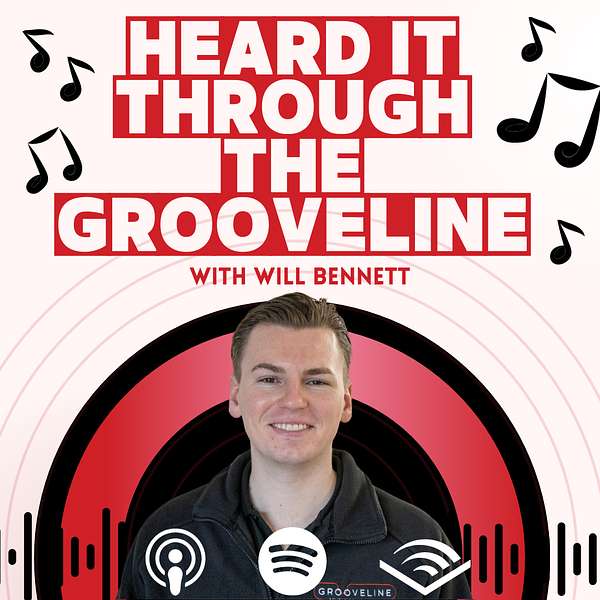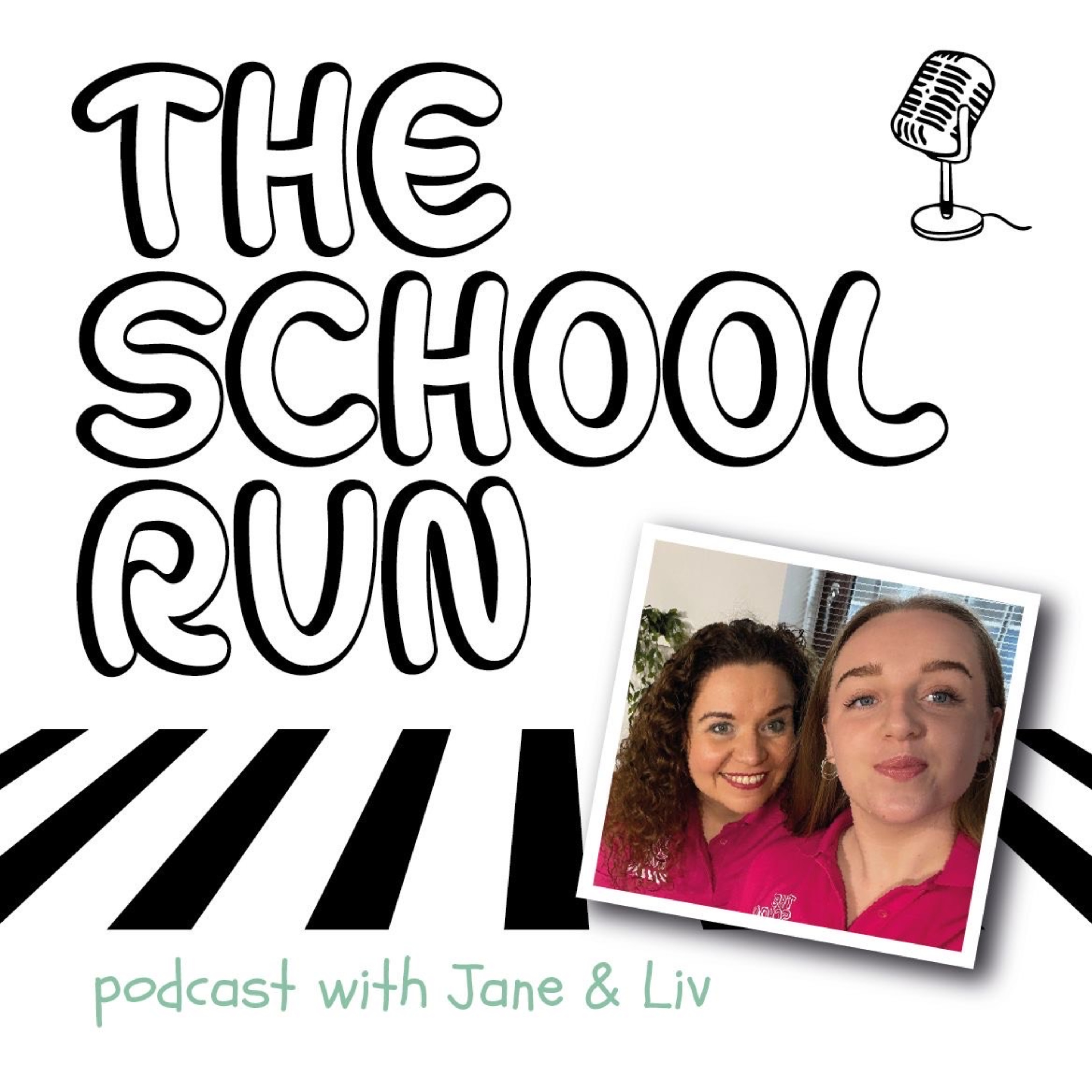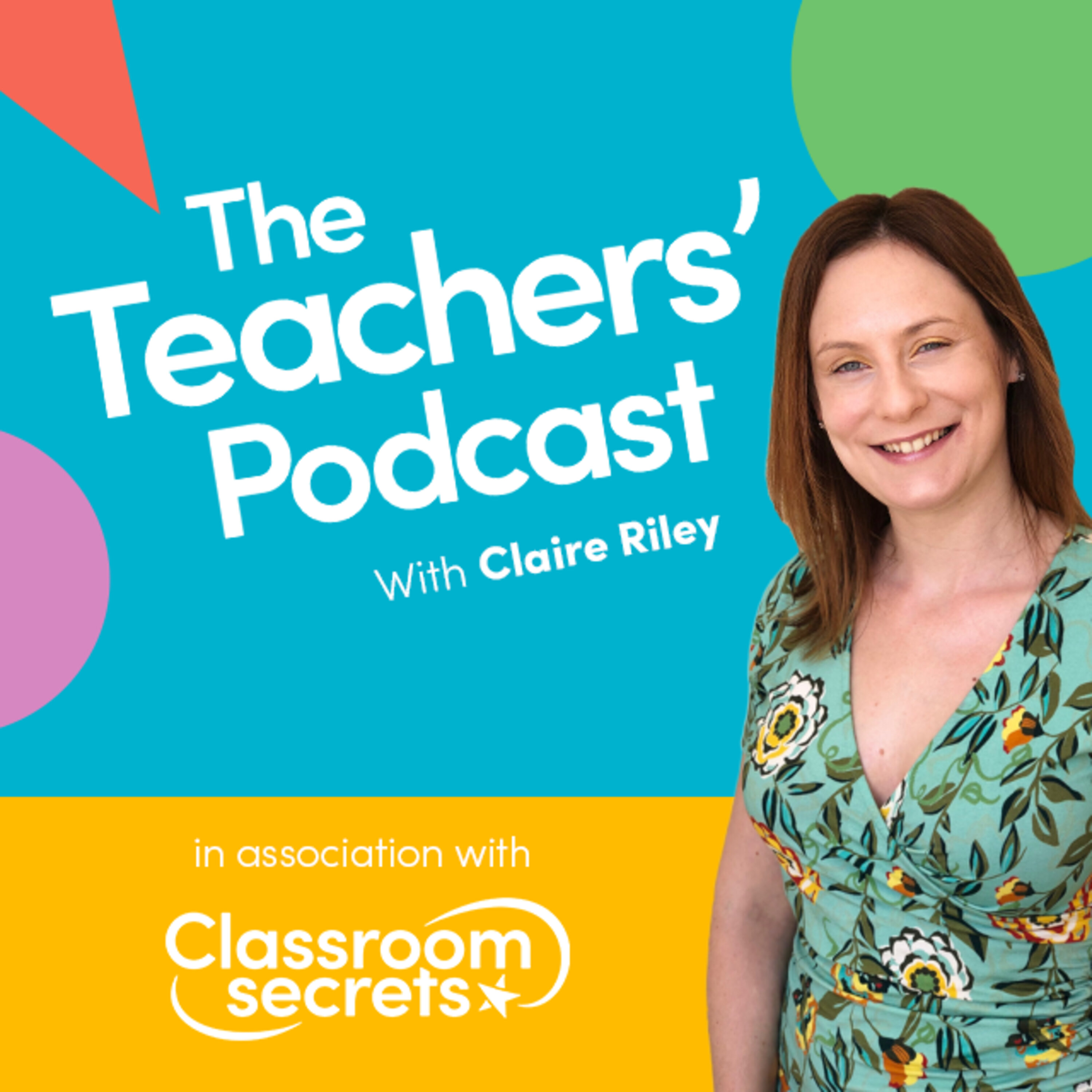
Heard It Through The Grooveline
Join Will, founder of Grooveline Music Education as he explores the subject of music education and most importantly - how parents can support their child's music education, even if they are not musical themselves!
Expect top tips, actionable advice, interviews with experts, sharing of personal experience and maybe some humour along the way!
Heard It Through The Grooveline
S1Ep4: FAQ - How do music grade exams work?
In this FAQ feature episode of Heard It Through The Grooveline, Will Bennett answers a question about grade exams in music.
In the episode, Will discusses music grades, starting from grade one up to grade eight. He also provides insights into the possibilities and preferences for different types of musical examinations. He underlines that learning music should not be just about grades but about enjoying and learning the skills. The segment also touches upon exam strategies, preparations, and new ways of taking exams, including online submissions. The aim of the episode is to provide listeners, particularly parents, with a better understanding of musical education and grading systems.
00:02 Introduction and Welcome
Hello and welcome to another episode of Heard It Through The Grooveline....
00:47 Listener Appreciation and Feedback
I'd also, firstly, just like to say, thank you in particular to Rebecca who emailed in and said....
01:10 Understanding Music Grades
One question that I get asked a lot of times is about grades....
02:03 Choosing the Right Exam Board
There are different types of great exams that you can take as well as different exam boards....
02:25 The Importance of Enjoying the Learning Process
I think the most important thing is , especially at the early stages....
02:53 The Reality of Music Grades in Professional Circles
I mean, maybe grade eight in some circles, but I worked as a professional musician....
03:24 Flexibility in Taking Grade Exams
yOu can skip grades as well....
04:02 Modern Ways of Taking Music Exams
In terms of actually taking the exam there's different ways, especially nowadays that you can take the exam....
04:43 The Importance of Building Confidence in Early Stages
If you make mistakes, And I think that at the early stages we want to build children's confidence....
04:57 Understanding the Timeframe for Exam Preparation
In terms of how long it takes to prepare for an exam....
05:56 Conclusion and Farewell
I hope that today's quick episode has cleared up a few things for you there....
www.groovelinemusiceducation.com
@groovelinemusiceducation on social media!
Looking for your next move as a music educator? Perhaps you want to start a new chapter in your career, build a new lifestyle after years on the road, or you're looking for the opportunity to create your own business but don't know where to start?
We are now recruiting pilot franchisees! Not your average owner/operator children's activity franchise - we are looking for business-minded investors to build a team, create a valuable asset for their future and help make a difference to the state of primary music education un the UK.
Grooveline Music Education is on a mission to reimagine and revolutionise primary music education.
We believe that engaging with music education at an early age is a crucial part of a child’s development. It provides an extraordinary range of cognitive, emotional, and social benefits that help children to thrive in all areas of their lives.
To do this, we are on a journey to bring Grooveline Music Education to schools around the UK. In order to meet our ambitious goal we are looking for passionate, like minded individuals who want to lead the music education revolution with us.
Sound like something you want to be part of?
Click below to find our more, download a prospectus or book a chat!
www.groovelinemusiceducation.com/franchise
Hello and welcome to another episode of Heard It Through The Grooveline. My name is Will Bennett and I'm the founder of Grooveline Music Education. I'm here to help you know how to best support the musical education of your child, even if you are not musical yourself. At Grooveline, when the lesson ends, the learning doesn't stop.
And so as part of our wraparound approach to music education, this episode I'll be answering a question that I received this week all about grades.
Good morning guys. Good to be with you again. We're going to do something a little bit different this week. I've had some questions come in and I'd like to answer those directly. I'd also, firstly, just like to say, thank you in particular to Rebecca who emailed in and said. I love the podcast this week.
It was really helpful and informative. And also to Emma who wrote on Facebook to say, I think this is great. These tips are spot on and your passion comes through really well. Thank you guys. And everyone who listened and those who have been getting in touch as well. It's great to hear from you , and I'm glad you're finding it useful. One question that I get asked a lot of times is about grades.
What are they, how do they work? How do we prepare for them? So just want to spend. A quick few minutes letting you know all about grades. So in music we go from grade one to grade eight and grade eight is the best one. And grade one is what you'd have for beginners.
Some examples also do one before grade one, which is kind of like a w grade. They sometimes call it initial grade or premiere grade. By the time you get to grade eight, you're probably really pretty good. I'm looking to go to college or university may be or just really have dedicated a lot. Time to instrument. So that's the kind of thing you might want to try and get up to in your late teens, for example. . Whereas, grade one, grade two, and sometimes grade three can be achieved inside primary school age.
There are different types of great exams that you can take as well as different exam boards.
And you should discuss with your tutor, which one is right for you. Some are more classical, some are more rock based or you can do jazz grades. On guitar, you could do acoustic grades, classical guitar, grades, or electric guitar grades. So there's all different types.
And you should find the one which is best for you.
I think the most important thing is , especially at the early stages. Is to do it for the right reasons, do it because the child enjoys it once that sense of achievement enjoys the pieces of music that within the grade. And he's learning great skills on that instrument. I don't like grades been used as a box ticking exercise myself. Sometimes people use them because they think it gets them some more respect. To be honest with you. I mean, maybe grade eight in some circles, but I worked as a professional musician.
I went to music uni, no one ever asked me what grade I was. No one's ever. Cared to be honest with you. I think maybe in some classical roots, they do care a little bit more about grades, but then again, only really the top grades. So I think if you're looking in the first few grades it doesn't matter really, which exam board in terms of prestige only matters in terms of which one your child is going to enjoy the most and get the most out of.
yOu can skip grades as well.
So you might do grade one on a certain exam board, and then you might, after learning some other songs, you might decide to do grade three with a different exam board, and that's totally fine. You don't have to have. Great for in order to take great five, for example. The only caveat to that is that some exam boards do ask for a grade five in music theory. Before you take a grade eight exam. But again, that's a bit further down the line and by the time you get into grade eight, , then you can discuss which exam board is going to be the one which puts me on the path. That I want to go on in my musical career or my musical journey.
In terms of actually taking the exam there's different ways, especially nowadays that you can take the exam. I always used to have to go and drive with my parents half an hour to an actual exam center. Where they'd be someone sitting and watching me perform these pieces. You can still do that, but it's less common these days. Because you can also do video submissions and there's also livestream options as well, depending on the exam board.
I think that video submission can be really good because your teacher during your music class can record it for you. So maybe you've spent the first 10 minutes of a lesson warming up with the teacher's guidance and you're going to get the best possible performance. And of course you can always keep rerecording it.
If you make mistakes, And I think that at the early stages we want to build children's confidence. I think that's a really good thing. We want to make sure they pass every single exam. At least with a pass with a merit or distinction would be great as well.
In terms of how long it takes to prepare for an exam. I often get asked the question, should my child have finished this by now? Are they on the right track? It really, really varies so much. Firstly, some examples are more rigorous than others. A little bit more difficult, obviously as you go higher up in the grades, it gets more difficult and therefore it takes a bit longer to prepare for
but also, it just depends on each child's individual learning style, how much they're practicing
perhaps how long their lesson is, how frequent their lessons are. If they're having a weekly or biweekly.
The good thing is that there's really no right or wrong however long it needs to take your child. That is perfectly fine. We've had some people fly through grades in a matter of weeks. Or we've had people who've been working on a grade for 10 months, 12 months, maybe more. And that's totally fine as well, because along that journey for that 10 or 12 months, they won't have just been learning the grades.
They've been learning skills. They've been learning techniques. And focusing on other songs as well during that time.
I hope that today's quick episode has cleared up a few things for you there.
And i look forward to seeing you on the next episode have a great week
Thank you for listening to another episode of Heard It Through The Groove Line, the podcast that helps parents like you best support your children's musical education, even if you are not musical yourself. To find out more you can follow us on social media and don't forget to hit like and subscribe.
Podcasts we love
Check out these other fine podcasts recommended by us, not an algorithm.

The School Run
The School Run with Jane & Liv